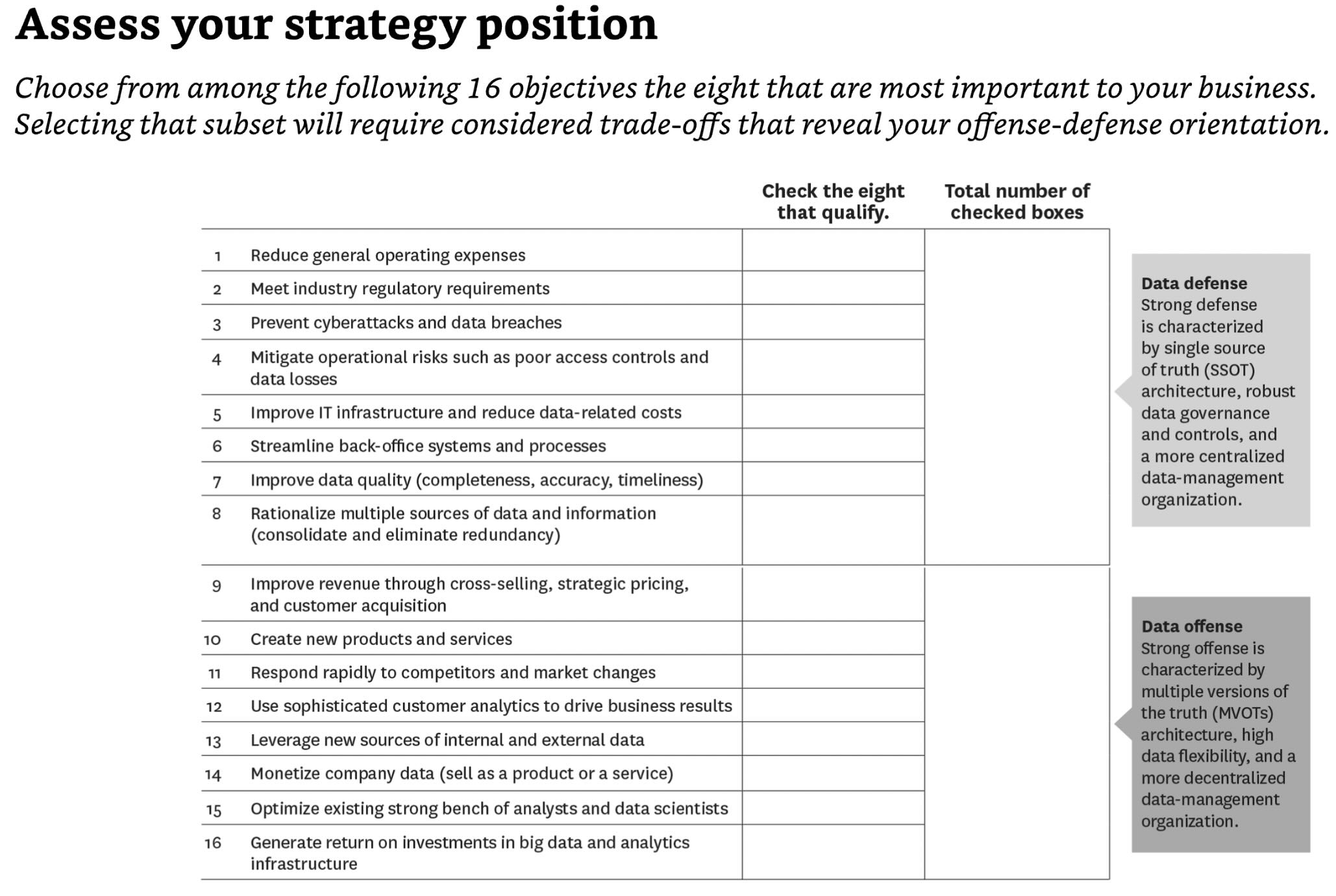In the bustling city of Numeria, two renowned event planners, Alex and Lila, were famous for organizing grand events. Though they were the best in the business, their methods couldn’t have been more different.
Alex was a master of tabular thinking. His office was filled with spreadsheets, charts, and tables. Every event detail—budget, vendors, schedules—was carefully categorized in rows and columns. When tasked with organizing a corporate gala, Alex meticulously broke down the event into manageable parts.
- Venue? Booked with precision.
- Catering? Vendors are compared based on price, service, and menu options, all calculated on a detailed table.
- Entertainment? Selected after a cost-benefit analysis, ranked by crowd engagement and performance fees.
His clients loved the clarity of his approach. Nothing was left to chance; every possible outcome was accounted for. But Alex’s events, while smooth and efficient, lacked a certain spark. They were technically flawless but missing the soul and spontaneity that made an event unforgettable.
Meanwhile, Lila, Alex’s counterpart, approached event planning with holistic thinking. She preferred to see the event as a living, breathing experience. Instead of breaking down details into tables and figures, Lila visualized the event as a whole—the ambiance, the energy, the flow of the evening.
When organizing a wedding, Lila focused on how every piece would connect. She imagined the bride’s entrance, how the music would set the mood, and how the lighting would create a sense of intimacy. She didn’t bother with dozens of tables. Instead, she trusted her intuition and creative instincts to ensure everything flowed seamlessly.
The wedding was magical—guests felt every detail had been designed with heart. The experience was cohesive and emotional, but Lila’s less structured approach sometimes led to last-minute adjustments, like a vendor arriving late or unexpected costs.
One day, both Alex and Lila were hired to plan a prestigious international event. Recognizing their differences, they decided to collaborate. Alex’s tables ensured every logistical detail was meticulously organized, while Lila’s vision ensured the event had heart and soul. Together, they delivered an event that was not only flawlessly executed but left guests mesmerized by the experience.
In the end, the moral was clear: Tabular thinking offers order and precision, but combining it with holistic thinking can create truly extraordinary outcomes—where structure meets creativity and details meet the bigger picture.
The event became legendary in Numeria, and Alex and Lila realized that the most powerful solutions often come from balancing both worlds.


